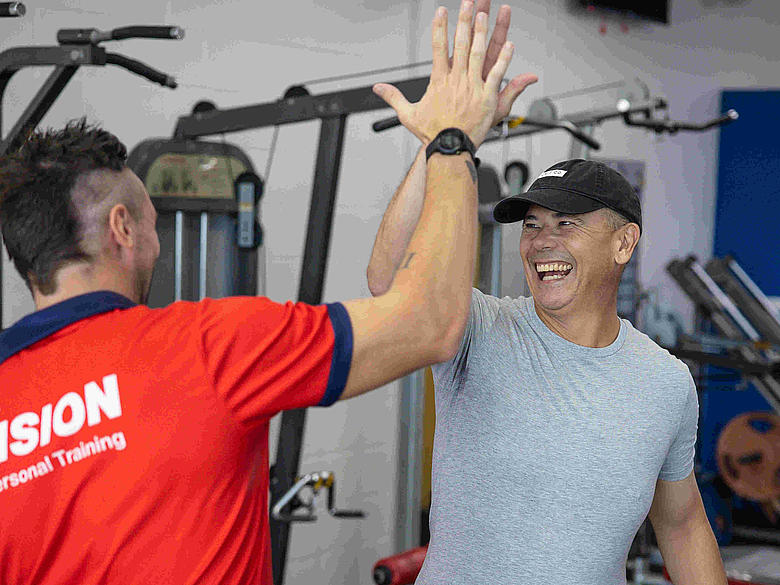As we age, it becomes increasingly important to take care of our bodies and minds. Exercise is one of the most effective ways to do this, especially for those over 40. Regular physical activity can help you maintain a healthy weight, increase your energy levels, and reduce your risk of chronic diseases such as diabetes, heart disease, and some cancers. But the benefits of exercise don't stop there, it can also have a significant impact on your mental and emotional wellbeing.
In this article, we'll explore the mental and emotional benefits of exercise for over 40s, and how fitness can support your overall wellbeing.
- Exercise can boost your mood and reduce stress. Exercise is a natural mood booster, thanks to the release of endorphins – feel-good chemicals produced by the brain. These endorphins can help reduce feelings of stress and anxiety and improve your overall sense of wellbeing. Regular exercise has been shown to be an effective treatment for depression and can even be as effective as medication or therapy in some cases. For those over 40, stress can be a significant factor in mental and emotional wellbeing. The demands of work, family, and other responsibilities can take a toll on our mental health, and exercise can be a powerful tool to combat these stressors.
- Exercise can improve brain function. As we age, our cognitive function can decline, leading to memory loss, decreased attention span, and difficulty learning new things. Exercise has been shown to improve cognitive function in older adults, including increased attention span, better memory, and improved problem-solving skills. Regular exercise can also help reduce the risk of cognitive decline and dementia. In fact, a study published in the Journal of Alzheimer's Disease found that exercise can slow the progression of cognitive decline in people with mild cognitive impairment.
- Exercise can improve sleep quality. Sleep is essential for our mental and emotional wellbeing, but many adults struggle with sleep issues such as insomnia or restless sleep. Exercise can help improve sleep quality by reducing stress and anxiety, increasing feelings of relaxation, and promoting the release of sleep-promoting hormones such as melatonin.
- Exercise can boost self-confidence and self-esteem. Regular exercise can help boost self-confidence and self-esteem, which can have a positive impact on our mental and emotional wellbeing. As we age, it's not uncommon to feel less confident in our abilities or appearance, but exercise can help combat these feelings by improving our physical health and appearance. Exercise can also provide a sense of accomplishment and pride, especially when we set and achieve fitness goals. This can be particularly important for those who may be facing mid-life transitions or changes in their personal or professional lives.
- Exercise can promote social connection and support. We’ve found that training at a studio can be a great way to connect with others and build a supportive community. Joining one of our Group Training Sessions or even coming along for Walk Club or Coffee Club can provide opportunities to meet new people, form friendships, and share common interests.
As humans, social connection and support are important for our mental and emotional wellbeing, especially as we age. Having a strong support system can help us navigate life's challenges and provide a sense of belonging and purpose.
In conclusion, regular exercise can have significant mental and emotional benefits as we age, including improved mood, reduced stress, better cognitive function, improved sleep, increased self-confidence, and social connection and support. Incorporating physical activity into your daily routine can help support your overall wellbeing and quality of life, both now and in the future. If you’re interested in finding out if we can assist you with your Health and Fitness goals, contact the studio for a complimentary consultation.

